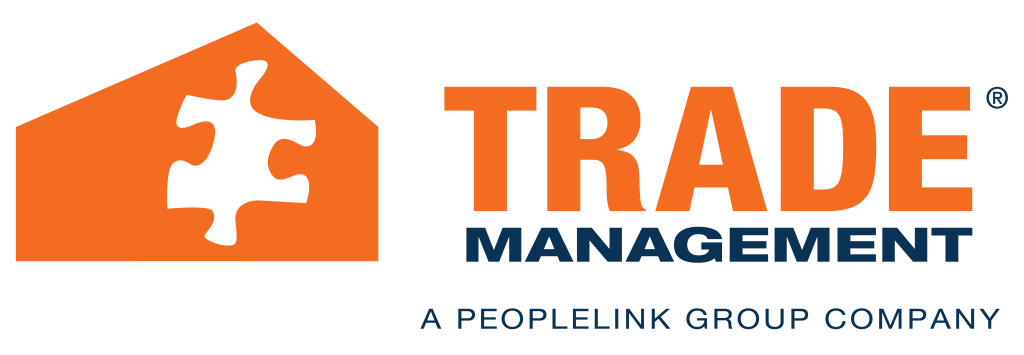According to research by Harvard University, 85% of job success comes from having well-honed soft skills, while only 15% is attributed to technical skills. Soft skills are key to thriving in the skilled trades. Let’s explore how strong soft skills form a firm foundation for growing a career in the skilled trades.
Effective Communication
Clear and effective communication is essential in any trade. Tradespeople must often translate complex, technical details into terms their clients can understand. This skill is particularly important in industries where clients need to know the specifics of what they are paying for, what timelines look like, and what to expect from a project. When tradespeople can effectively communicate the value and scope of their work, it creates transparency and trust.
Communication is also vital when working as part of a team. In larger projects, various tradespeople must work in sync to avoid conflicts and costly delays. Effective communication ensures everyone is on the same page and tasks are completed efficiently.
Problem Solving Skills
In addition to effective communication skills, critical thinking skills are key to successful work in the skilled trades. Dealing with unforeseen circumstances and forging ahead on projects requires excellent problem-solving capability. Even the best-laid plans can go awry. A skilled tradesperson will often encounter unexpected issues, from unforeseen structural complications to supply shortages. Strong problem-solving skills enable them to think on their feet, quickly assess situations, and devise creative solutions. This adaptability ensures smoother project completion and builds a reputation for reliability and professionalism.
Customer Service
Beyond transparent communication and flexibility in dealing with issues that arise, positive interaction with the customer is key to developing happy repeat customers. Customer service might not be the first thing that comes to mind when thinking of the trades, but it is a cornerstone of long-term success. A positive attitude, active listening, and a willingness to go the extra mile can turn a one-time client into a loyal one who then provides referrals and positive reviews. In trades, reputation is everything. Providing exceptional customer service elevates a tradesperson’s standing in the community and could lead to higher earnings and more stable work opportunities.
Time Management
Even if you have the best customer service skills, it is unlikely you will enjoy explaining project delays to your customers. As the old saying goes, time is money. Nowhere is that truer than in the skilled trades. Time management is often synonymous with cost efficiency. Delays can not only ruin a schedule but also result in financial losses, dissatisfied customers, and damaged reputations. Tradespeople who prioritize time management can better juggle multiple projects, set realistic expectations for clients, and avoid burnout.
Efficient time management is also a reflection of professionalism. Tradespeople who are punctual, prepared, and efficient show respect for their client’s time and budget, reinforcing trust and reliability.
Attention to Detail
Are effective communication skills, problem-solving capability, and strong time management all you need to succeed in the skilled trades? No. In the skilled trades, even minor oversights can lead to significant consequences, from safety hazards to costly repairs. Attention to detail is essential for following industry regulations and building codes, which vary by location and can change frequently. Tradespeople with a keen eye for detail demonstrate commitment to quality, building stronger client relationships and a reputable name for themselves.
Attention to detail goes beyond the project. Skilled tradespeople must pay attention to rapidly evolving technology and techniques, from smart home systems in electrical work to sustainable building materials in construction. Tradespeople who are adaptable and open to learning are equipped to keep up with industry changes. Those with a flexible mindset are more likely to embrace new methods and technologies, which can give them a competitive edge. Adaptability is not just about technical knowledge; it is a soft skill that enables tradespeople to thrive in an ever-changing industry.
Strong Work Ethic
While all the soft skills we have detailed so far are important for success in the skilled trades, a strong work ethic is universally respected. Without a strong work ethic, soft skills fall flat. For those in the skilled trades, reliability, punctuality, and dedication often speak louder than any other skill. A tradesperson who consistently shows up on time, completes tasks efficiently, and takes pride in their work will naturally earn the respect and loyalty of their clients and peers. In an industry where word-of-mouth referrals are critical, a solid work ethic can set one apart and lead to lasting success.
While technical skills are essential in trades, soft skills are the true differentiators between a good tradesperson and a great one. The ability to communicate effectively, solve problems, manage time, pay attention to details, adapt, and maintain a strong work ethic allows tradespeople to build lasting client relationships, foster team cooperation, and enhance their career stability and earnings. In today’s competitive and evolving job market, tradespeople who recognize the importance of soft skills and actively work on their development will succeed.
Are you a skilled tradesperson looking for the next step in your career? Are you an employer looking for the best and brightest to build your workforce? Partner with Trade Management today!

